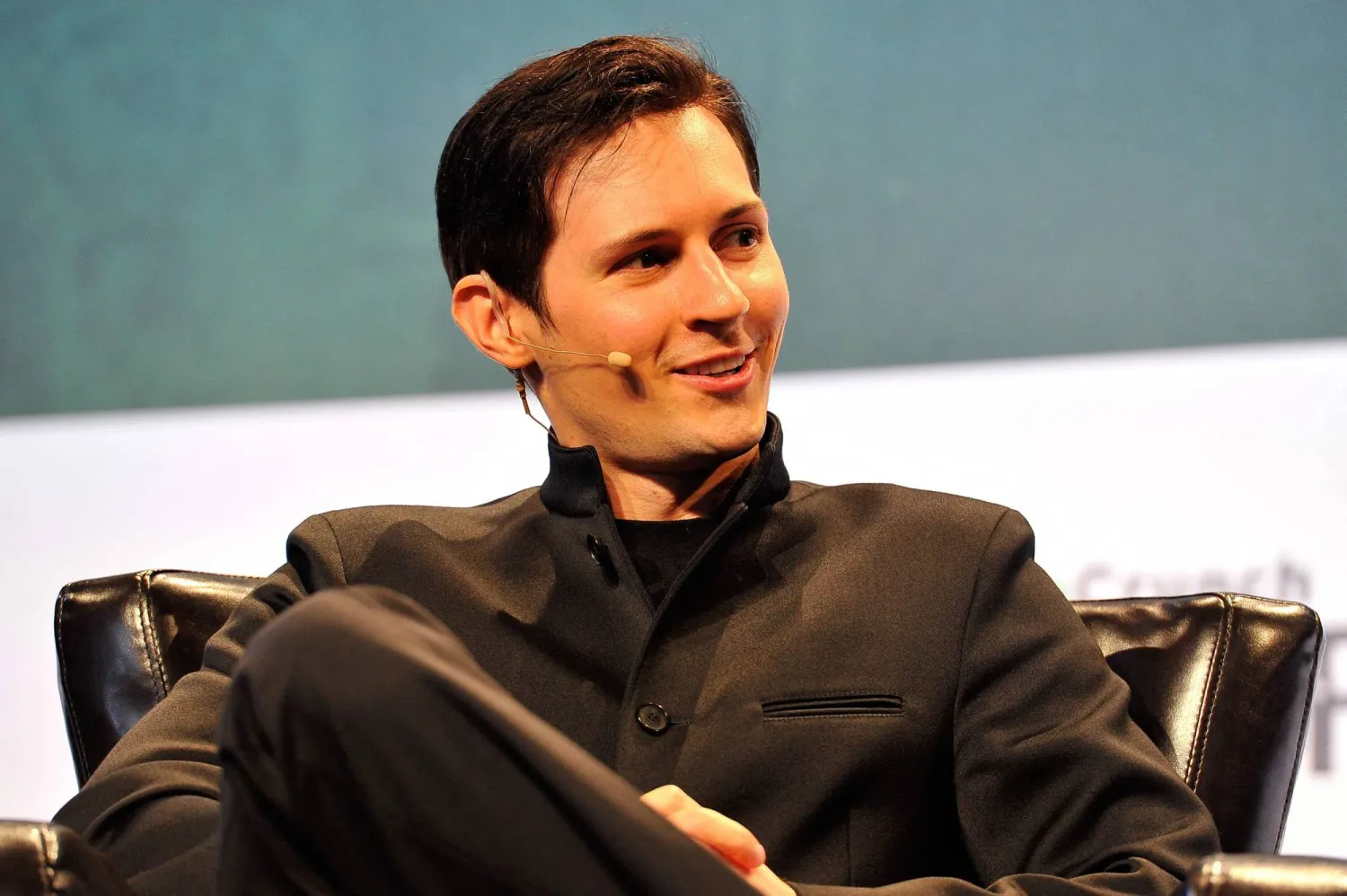Pavel Durov, the Russian-French billionaire founder and CEO of the Telegram messaging app, was arrested at Bourget airport outside Paris on Saturday evening, TF1 TV and BFM TV said, citing unidentified sources.
Durov was travelling aboard his private jet, TF1 said on its website, adding he had been targeted by an arrest warrant in France as part of a preliminary police investigation.
TF1 and BFM both said the investigation was focused on a lack of moderators on Telegram, and that police considered that this situation allowed criminal activity to go on undeterred on the messaging app.
Durov faces possible indictment on Sunday, according to French media.
The encrypted Telegram, with close to one billion users, is particularly influential in Russia, Ukraine and the republics of the former Soviet Union. It is ranked as one of the major social media platforms after Facebook, YouTube, WhatsApp, Instagram, TikTok and Wechat.
Telegram did not immediately respond to a Reuters request for comment. The French Interior Ministry and police had no comment.
Russian-born Durov founded Telegram with his brother in 2013. He left Russia in 2014 after refusing to comply with government demands to shut down opposition communities on his VKontakte social media platform, which he sold.
"I would rather be free than to take orders from anyone," Durov told U.S. journalist Tucker Carlson in April about his exit from Russia and search for a home for his company which included stints in Berlin, London, Singapore and San Francisco.
After Russia launched its invasion of Ukraine in 2022, Telegram has become the main source of unfiltered - and sometimes graphic and misleading - content from both sides about the war and the politics surrounding the conflict.
The platform has become what some analysts call 'a virtual battlefield' for the war, used heavily by Ukraine's President Volodymyr Zelenskiy and his officials, as well as the Russian government.
Telegram – which allows users to evade official scrutiny - has also become one of the few places where Russians can access independent news about the war after the Kremlin increased curbs on independent media following its invasion of Ukraine.
The Russian foreign ministry said its embassy in Paris was clarifying the situation around Durov and called on Western non-governmental organizations to demand his release.
Telegram Messaging App CEO Durov Arrested in France

Pavel Durov, CEO and co-founder of Telegram speaks onstage during day one of TechCrunch Disrupt SF 2015 at Pier 70 on September 21, 2015 in San Francisco, California. (Photo by Steve JENNINGS / GETTY IMAGES NORTH AMERICA / AFP)

Telegram Messaging App CEO Durov Arrested in France

Pavel Durov, CEO and co-founder of Telegram speaks onstage during day one of TechCrunch Disrupt SF 2015 at Pier 70 on September 21, 2015 in San Francisco, California. (Photo by Steve JENNINGS / GETTY IMAGES NORTH AMERICA / AFP)
لم تشترك بعد
انشئ حساباً خاصاً بك لتحصل على أخبار مخصصة لك ولتتمتع بخاصية حفظ المقالات وتتلقى نشراتنا البريدية المتنوعة







